Losing a job is a difficult experience, but it becomes even more challenging when the termination is unjust and unfair.
Unfair layoffs occur when employees are let go without valid reasons or in violation of their rights.
This article sheds light on the issue of unfair layoffs, emphasizes the importance of addressing this problem, and guides seeking justice and support.
Let’s explore the various aspects surrounding unfair layoffs and empower those affected to take action.
Understanding Unfair Layoffs
Unfair layoffs can terminate an employee’s contract without proper justification or legal grounds.
While layoffs can be a necessary business decision, unfair layoffs occur when employees are dismissed unfairly, often due to discriminatory practices, retaliation, breach of employment contracts, or even unlawful termination.
In the US, there were 15.4 million layoffs in 2022. 6.9 million of those layoffs occurred between August and December of that year.
Source: Unsplash
Types of Unfair Layoffs
Let’s explore the different types of unfair layoffs.
Discrimination-Based Layoffs
Some individuals may face termination based on factors such as race, gender, age, disability, or other protected characteristics. These discriminatory actions violate anti-discrimination laws and are considered unfair.
Retaliation-Based Layoffs
Employees who raise concerns or blow the whistle on illegal activities within their organizations may face retaliation in the form of unjust termination. Retaliation-based layoffs undermine whistleblower protection laws and discourage individuals from speaking up.
Violation Of Employment Contracts
When employers terminate employees violating agreed-upon employment contracts, it constitutes an unfair layoff. Employers have a legal obligation to honor the terms and conditions outlined in the contract.
Unlawful Termination
Unfair layoffs can occur when employers disregard labor laws or engage in unlawful practices, such as terminating employees without proper notice or following due process.
Signs of Unfair Layoffs
Identifying signs of unfair layoffs can help individuals determine if their termination was unjust. These signs include:
Abrupt or unexplained termination: If the termination is sudden and lacks a clear explanation, it raises suspicions of unfairness.
Targeting specific individuals or groups: Unfair layoffs often disproportionately affect specific individuals or groups, indicating potential discrimination or retaliation.
Inconsistent or contradictory reasons given: Employers providing inconsistent or contradictory explanations for the layoff may be attempting to mask the unfairness of their actions.
Lack of documentation or evidence supporting the layoff decision: When employers fail to provide sufficient evidence or documentation supporting the reasons for the layoff, it suggests a lack of fairness.
Source: Pexels
Legal Protection Against Unfair Layoffs
Individuals who experience unfair layoffs can find solace in the legal protections available to them. Labor laws and regulations are in place to safeguard workers’ rights and ensure fairness, especially during layoffs.
Becoming acquainted with the relevant labor laws in your jurisdiction is crucial to understand your entitlements.
Moreover, anti-discrimination laws protect individuals from discriminatory layoffs based on race, gender, age, or disability.
Whistleblower protection laws shield those who expose illegal activities within their organizations, safeguarding them from retaliation and unjust terminations.
Additionally, in cases where employment contracts are violated, individuals have the right to seek legal remedies, such as pursuing compensation for any damages incurred.
These legal safeguards are a powerful tool for individuals facing unfair layoffs, empowering them to seek justice and rectify the situation.
Steps to Take if Laid Off Unfairly
If you believe you have been laid off unfairly, here are some steps to consider:
- Gather and document evidence: Collect evidence supporting your claim of unfair layoff, including employment contracts, performance reviews, emails, or witness testimonies.
- Seek legal advice: Consult with an employment attorney specializing in labor laws to understand your rights and legal options.
- File a complaint with the appropriate authorities: Report the unfair layoff to the relevant government agencies or labor boards responsible for addressing employment-related disputes.
- Explore alternative dispute resolution methods: Mediation or arbitration can provide a faster and less adversarial means of resolving unfair layoff cases.
Challenges and Considerations in Challenging Unfair Layoffs
Challenging unfair layoffs can present numerous obstacles and considerations that individuals must navigate:
Firstly, there is the burden of proof, as the responsibility to demonstrate the unfairness of the layoff often falls on the employee. It becomes crucial to gather substantial evidence to establish a strong case.
Secondly, pursuing legal action against unfair layoffs can be time-consuming and costly. It is important to carefully assess the potential financial implications and evaluate the feasibility of taking legal recourse.
Furthermore, speaking out against unfair layoffs may carry reputational risks. There is a possibility of straining professional relationships or facing backlash from the employer, requiring individuals to weigh the potential consequences carefully.
Finally, it is essential to recognize the emotional and psychological impact that unfair layoffs can have on individuals. Coping with the aftermath of such an experience can be challenging, and seeking support from friends, family, or support groups becomes invaluable in navigating these difficulties.
Source: Pexels
The Role of Unions and Employee Advocacy Groups
Unions and employee advocacy groups play a crucial role in supporting individuals facing unfair layoffs:
Support Provided By Unions
Unions can provide legal advice, representation, and collective bargaining power to protect workers’ rights and challenge unfair terminations.
Assistance From Employee Advocacy Organizations
Employees offer resources, counseling, and guidance to individuals facing unfair layoffs. Workplace retaliation is common and, in recent years, has accounted for about 60% of all discrimination complaints filed with the EEOC.
Collective Action And Lobbying For Stronger Worker Protections
Unions and advocacy groups engage in collective action and lobby for legislative reforms to enhance worker protections and prevent unfair layoffs.
Source: Unsplash
Conclusion
In conclusion, unfair layoffs are an unfortunate reality that many individuals face. Recognizing the signs of unfair layoffs, understanding legal protections, and taking appropriate steps to challenge these actions are essential.
Individuals can contribute to a fairer and more equitable work environment by seeking justice and support. Let us stand together and empower those affected by unfair layoffs to reclaim their rights and pursue justice.
The above is for informational purposes only and does not constitute legal advice. You should always contact an experienced lawyer for advice on legal issues pertaining to your circumstances.


















